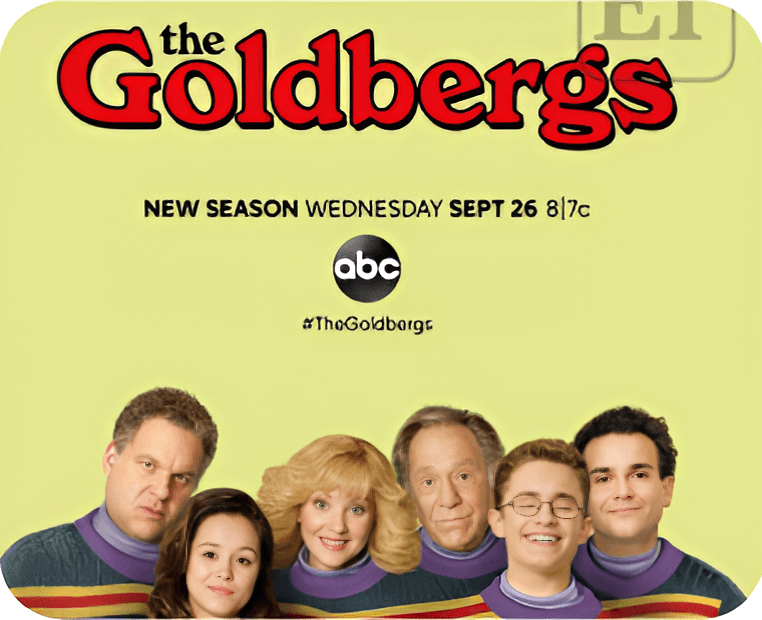Extra Work in Washington D.C.
Common misconceptions surround being an extra in Washington D.C. Some mistakenly view it as interchangeable with acting, overlooking the key differences. Although extras needn't possess the same level of acting expertise, finding extra work can be less frequent compared to traditional acting roles. Fortunately, for aspiring actors in Washington D.C., extra work can exist alongside your acting pursuits. The primary function of extras is to cultivate a realistic ambiance on set and populate the background as needed. This makes them a vital component for various film productions, encompassing short films, independent productions, and even major Hollywood features.
However, some extras are chosen to be "featured extras." This means they get more time on screen and might even interact with the main actors.
Featured extras typically get paid more than regular extras and there's even a chance they might get a line or two, especially if a small speaking role becomes available during filming.
On a SAG production (made by the Screen Actors Guild), being a featured extra could qualify you to become a member of the union itself.
It's important to note that extra work can also involve projects that aren't affiliated with SAG.
In Washington D.C., your proximity to filming locations can significantly increase your chances of landing extra work. While attending film shoots, it's possible to score an on-the-spot invitation to be an extra. The key is to be present and show genuine interest, but avoid being overly intrusive. Production crews might put out a call to bystanders if they need to fill in for missing extras or find someone with a specific appearance for a particular scene.
When seeking extra work in Washington D.C., it's advisable to avoid wearing white, red, or clothing with prominent brand logos. This helps prevent the misconception that the production is promoting a particular brand. Be prepared for the possibility that your work as an extra may not make it into the final cut of the production, as editing decisions are made for creative reasons.
Being an extra involves adhering to a call time, where you must be ready to go on set as directed by the director or assistant director. While wardrobe fittings and costumes may be provided for some extras, others are expected to wear their clothing with guidance from the production team, particularly if the scene requires a specific look or time period. If the film demands period attire, the Wardrobe Department will outfit you accordingly.
Typically, companies that hire extras in the Washington D.C. area maintain records of each extra's photo (an 8"x10" headshot with a trimmed resume attached) along with registration information. While resumes are not mandatory for extras, they can enhance your chances of finding work by including physical attributes like height, weight, hair and eye color, dress size, and shirt and pant size. Resumes should also include contact information, special skills, hobbies, and sports involvement. Keeping your resume updated is crucial to ensure casting directors can reach you.
Beware of potential scams in the entertainment industry, which could tarnish your career. Legitimate opportunities won't ask you to pay fees or fund the production upfront. Always exercise caution and do your research to avoid falling victim to scams in Washington D.C.
Filming involves a lot of downtime for extras, so pack your patience! Even though filming a scene might only take a short burst of activity, extras will likely need to repeat those actions numerous times. Be prepared for long days — some extras calls can last up to 18 hours, but there will be stretches where you won't be actively needed. Respect is key on set, so always be courteous and professional to everyone you interact with, from the directors down to the other actors. By building a reputation as a reliable and easygoing extra, you'll increase your chances of landing more work in the D.C. film scene.
In Washington D.C., extra work can provide good compensation, however, the number of available jobs will fluctuate depending on where you are and the current filming needs.
Being a part of a union, like the Screen Actors Guild (SAG) or the American Federation of Television and Radio Artists (AFTRA), can affect both how much you get paid and how many jobs you can find. To be eligible for SAG membership, you usually need to accumulate a certain amount of work hours as a background actor with a speaking role (principal extra) and fulfill other requirements.
Although many extras begin their careers as non-union members, working just three days as a SAG extra on a production can qualify you for SAG membership in Washington D.C.
Building a positive rapport with assistant directors is key to getting a SAG voucher, which is a document used to track work hours towards union eligibility. Sending a thank-you note afterwards can further solidify a good impression in the D.C. extra work scene.










